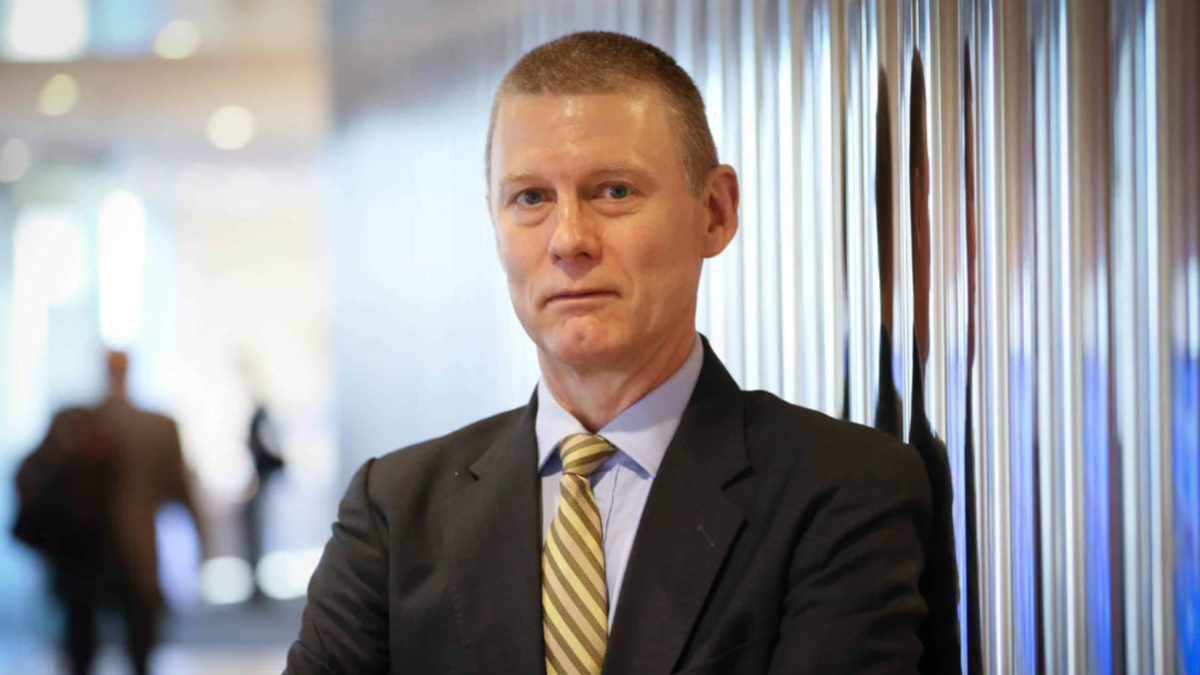‘Power can be used well or it can be used poorly’: Super funds and too big to fail
Financial services minister Stephen Jones has raised the possibility that megafunds could have a negative effect on the financial system, with press coverage suggesting that having too many large players and not enough small ones could leave Australia with its own “too big to fail” (TBTF) problem.
TBTF is a phenomenon where a financial institution – for example, a bank – becomes so intertwined with the financial system that its collapse would endanger that system. If it looks like it might, the government steps in to backstop its losses or force its merger with another institution. But banks are essentially just financial intermediaries; in superannuation, members still technically own the assets they invest in.
“The risk (with super) is that their assets are worth less, where in the banking system the risk is that if the government doesn’t come and bail out a bank that takes lots of losses on its loan book, the whole bank could just disappear,” says Geoff Warren, associate professor at the Australian National University, whose research focuses on the superannuation system. “… if the bank is too big then governments can’t afford to let that happen, because it hurts the whole financial system. That’s quite an important distinction.”
“Too big to fail is not the issue here. But there are issues with funds becoming too large.”
Jones plans on releasing a discussion paper on the matter next year, though it will be too late for a number of funds that have heeded APRA’s urgings to merge with larger funds. There are a range of areas such a paper might explore, Warren says.
First is the inability of extremely large super funds to generate alpha through public markets investment, the old problems of capacity that occur regardless of whether management is internal or external. Then there’s the distortive effect that megafunds could have on asset prices through herding behaviour.
“(There are arguments) that you can have some systemic risk if they all coalesce around the same benchmark,” Warren said. “That’s an argument that also comes out around indexing – are they just buying the stocks in the index, and does it become dysfunctional, with capital not allocated outside of that?
“If they all move as a pack – if capital is concentrated and invested in the same way – you lose the richness and the efficiency of the market. If you’re all moving in a pack, you can wind up with overpricing in particular areas, and that can create bubbles.”
But super funds are far from the only market participants, and Warren is inclined to think that there’s a “natural equilibrium”; if everybody was indexed to the hilt, there’d be more opportunities for active management.
Then there’s the prospect of a good old fashioned run on a fund that’s been knocked by bad headlines or a Your Future Your Super test failure – a fund that might then meet redemptions through its liquid holdings, leaving remaining members in a portfolio with a high allocation to unlisted assets, and be forced to hold large amounts of cash, as they were during the early release scheme. It’s an argument that Warren says “is a little more tenuous” but one that grazes some of the issues of TBTF, and could occur today rather than when there’s only a handful of megafunds.
“The consequences for the members remaining in the fund could be quite bad,” Warren says. “If you have to meet redemptions you’re a forced seller in the market and that could really hurt the remaining members. But that manifests as an asset loss rather than a systemic problem. Somebody else wins on the other side.”
And that handful of mega-funds could still wield their power in unusual ways. Last year, the standing committee on economics explored how large index providers and superannuation funds voted their shares and whether they could force a company to comply with their every whim. It’s certainly possible. The question for Warren is whether “that’s a good thing or a bad thing.”
“It is plausible that funds could band together and force a company to do something, but so far, whenever that power’s been used, it looks like it’s been used for the greater good – where the company isn’t doing something right, like Rio Tinto with Juukan Gorge,” Warren says. “…Power can be used well or it can be used poorly. I don’t think it’s a foregone conclusion that it will be used poorly, but there is the possibility that eight big super funds could tell companies what to do – that is feasible.”











